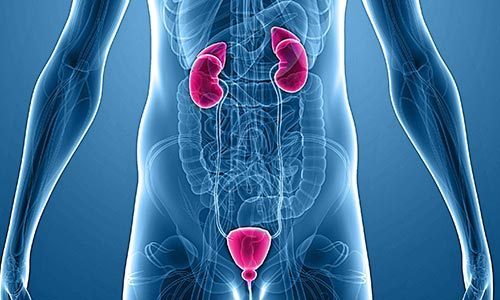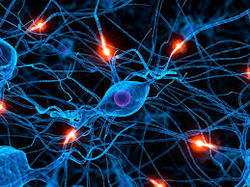Neuro Urology and Reconstructive Urology surgery can help patients with conditions such as birth defects, cancer, neurological disorders, male and female incontinence, strictures, scar tissue in the urinary tract organs, and pelvic floor prolapse.
Reconstructive urology can also help repair traumatic injuries to the kidney, ureter, bladder, and genitals. Traumatic injuries are often associated with pelvic fractures that can happen as a result of things like motor vehicle accidents or falls and can often lead to scar tissue formation in the urethra.
Urologic conditions treated and reconstructive therapies offered at Center include:
- Bladder augmentation
- Bladder fistulas
- Bladder trauma
- Erectile dysfunction surgery
- Kidney trauma
- Penile trauma
- Peyronie’s disease
- Surgical management of male and female urinary incontinence
- Testicular trauma
- Urethral Stricture
- Urethral trauma
- Urinary diversion

Neurourology and Neurogenic Bladder-
The nerves and muscles of the urinary system have to efficiently work together in order for the bladder to hold urine and release at an appropriate time. Nerves transmit messages back and forth from the brain and spinal cord to the bladder. When disease or injuries damage these nerves, the bladder — which is mostly made of muscle — may lose the ability to relax or tighten at the right time.
When conditions of the nervous system affect the bladder, it is called neurogenic bladder.
Neurogenic bladder can result in two different types of bladder control problems: difficulty voiding (underactive bladder) or incontinence (overactive bladder). Other common symptoms include kidney stones and urinary tract infections (UTIs).
Our urologists have extensive expertise in caring for individuals who have a neurogenic bladder as a result of congenital malformations (present at birth) or medical conditions, including:
- Spinal cord injuries
- Parkinson’s disease
- Alzheimer’s disease
- Multiple sclerosis
- Movement disorders
- Birth defects of the spinal cord

